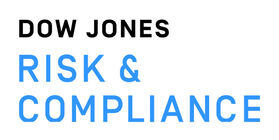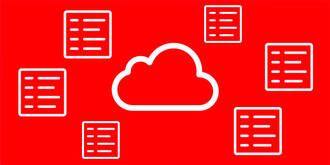
Compliance Screening
AEB software with Dow Jones Risk & Compliance content
You can easily integrate extended screening content from Dow Jones Risk & Compliance into your Compliance Screening solution. Five different content sets from Dow Jones are available. Comprehensive security – including global sanctions and other official restricted party lists, PEP list, adverse media data as well as risk profiles based on the OFAC 50% rule and EU/UK equivalents, the BIS 50% rule, and more.
Available Dow Jones content sets in AEB’s Compliance Screening
Trade compliance management and due diligence principles go far beyond screening official sanctions lists. Companies looking to check business partners more comprehensively as part of their compliance processes therefore have the option to include extended content from Dow Jones in the AEB software Compliance Screening.
Hundreds of skilled researchers across the globe meticulously focus every single day on keeping the data from the Dow Jones Risk & Compliance up to date. This ensures that relevant changes, such as in sanctions regulations or ownership structures, are updated in a timely manner. Seamless integration, fully automated checks, and updates of the Dow Jones content in AEB’s Compliance Screening software is offered in the following sets:
Learn more now
We look forward to hearing from you and delivering answers to all your software questions.
Understanding risks and how extended content from Dow Jones provides protection

“More than ever, companies are under pressure to ensure compliance with trade restrictions. We’re confident that our data offers best-in-class protection against financial crime activities. Through our collaboration with Dow Jones, AEB customers gain access to the most comprehensive and accurate data to fulfill their regulatory obligations.”
Joel Lange, General Manager, Dow Jones Risk & Compliance







